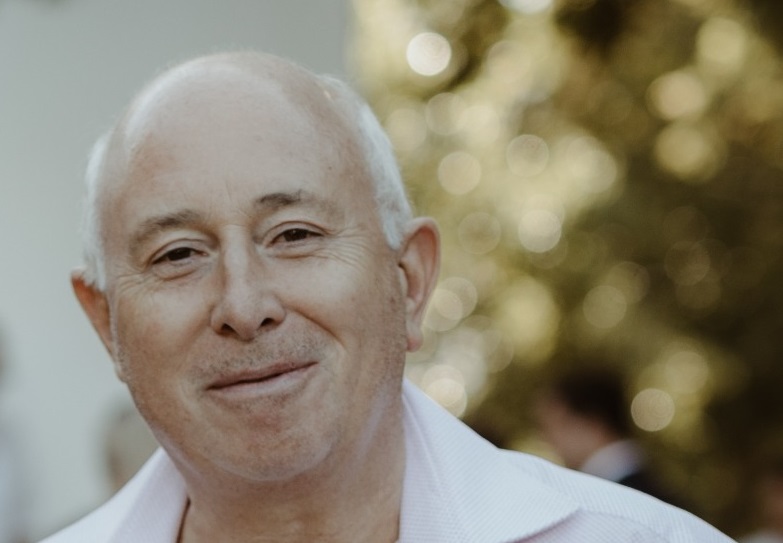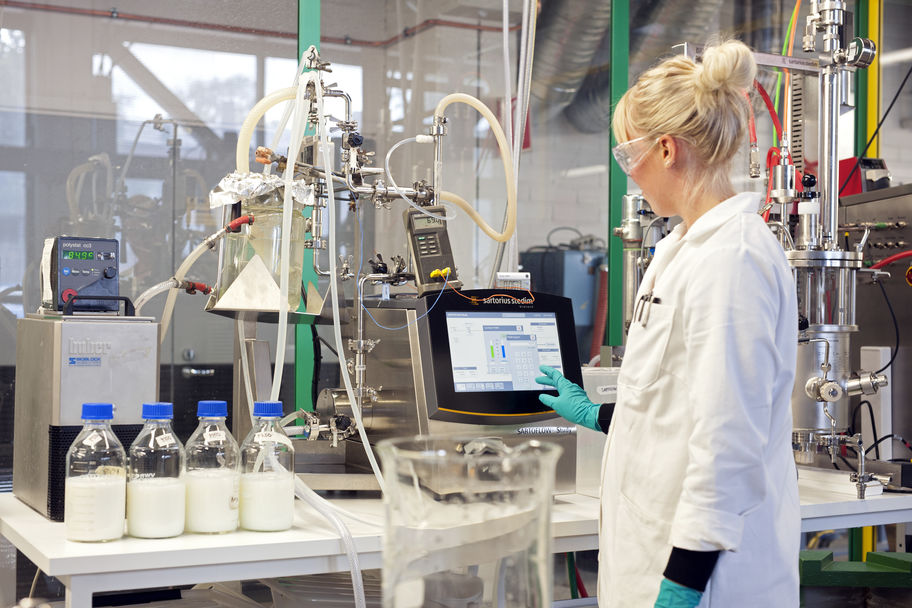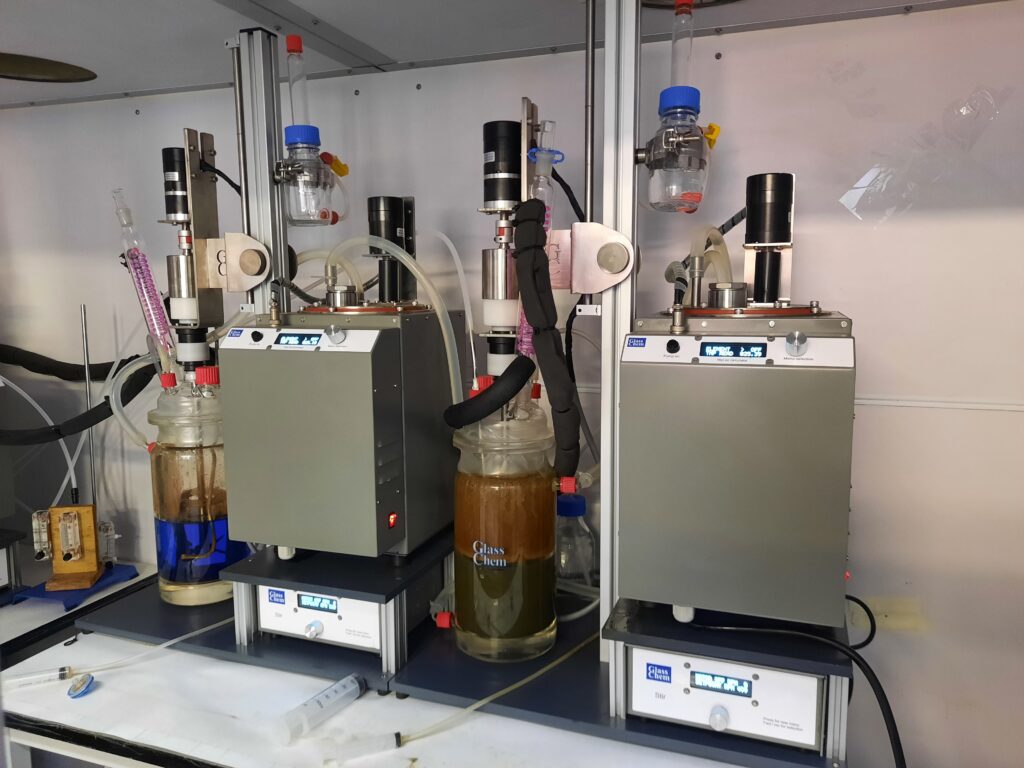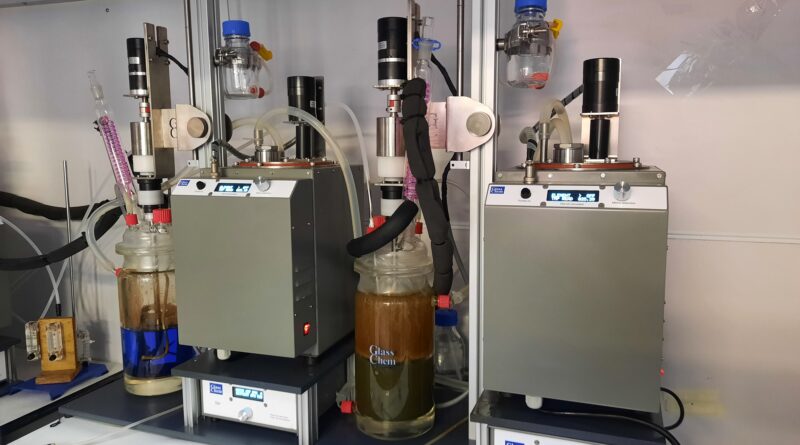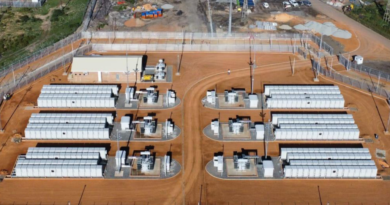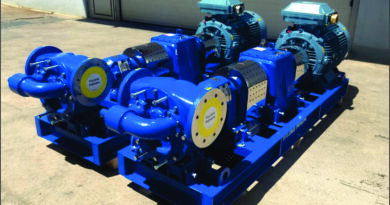Duferco, Vedanta fund long-term project into novel zinc refining process
Duferco Steel Processing and Vedanta South Africa are continuing to fund a long-term research project at the University of Cape Town (UCT) supervised by Professor Jochen Petersen and his chemical engineering team. “Congratulations to the companies for their great foresight to provide the funding to get the novel green low-power mini zinc refining project into action,” says explains Simon Norton, Executive Director of the International Zinc Association (IZA) Africa.
“The main idea is to fire up novel chemical engineering research in South Africa and use local postgraduate students to challenge them with the zinc project,” says Norton. “The project clearly shows that South Africa must spend far more on fundamental research and lure internationally recognised researchers to lead programmes here.”
“The other key reason for using ammonia is the fact that, in an alkaline solution, the process does not dissolve iron, a critical impurity that complicates zinc recovery from ore concentrates,” explains Professor Petersen. What is also unique is the aim to use very low electrical power and keep the process small-scale so that it can be run in South Africa to meet local refined zinc tonnage requirements.
The proposed new zinc ore processing method has not yet been proven and is still in bench-scale testing, cautions Professor Petersen. “We cannot yet definitively say whether this process is more effective than others in use at present. However, what we can say is that the ammonia process has all the possibilities for a low cost, low power, green, and process-friendly option.” The UCT team is busy working on examining the various parameters.
The latest research aims to develop a low-cost process with a very high pure zinc recovery rate. While commercially proven and tested zinc ore processing techniques have been traditionally selected for any new plant, “the sea change in the world from an ecological perspective, carbon footprint, and power demand now dictate that a new approach be taken to zinc ore processing,” highlights Norton.
In the case of South Africa, this is now even more critical due to the unreliable power supply situation. The challenges facing zinc ore processing are water usage, power supply, and physical location of the ore body. The latter is important for the refined zinc ingots to be delivered cost-effectively to market.
However, environmental and economic pressures are driving zinc ore processing in South Africa. In fact, in Europe the Russian-Ukraine war has cut off reliable gas supply and ecological pressures have forced zinc refinery closures. “A new and better way has to be found,” stresses Norton.
Commenting on progress to date, Professor Petersen says that once the basics have been worked out, the final process can be rolled out into an investor-funded pilot plant. “The key is to test all the hypotheses and options and see if the whole idea is chemically and process viable. Once the various options have been decided upon, a pilot plant can be developed. Once the pilot plant has been successfully operated and the bench-scale process proven, funding and venture capital partners will be needed to make the whole project commercially viable.”
Zinc is one of the most critical refined non-ferrous metals in the world. It is the fourth most used base metal in the world, from fertiliser to medicinal creams, suntan lotions and die cast metal parts made of zinc or brass. Around 13 million tonnes of refined zinc are used worldwide, and 58 % of that is used for galvanizing.
Refined zinc is largely used to galvanize steel so as to provide a corrosion protective coating to the steel, be it in concrete, structural steel or steel roof sheeting. Continuous galvanizing plants throughout the world use massive tonnages of refined zinc to apply a thin corrosion protective coating to steel sheet.
